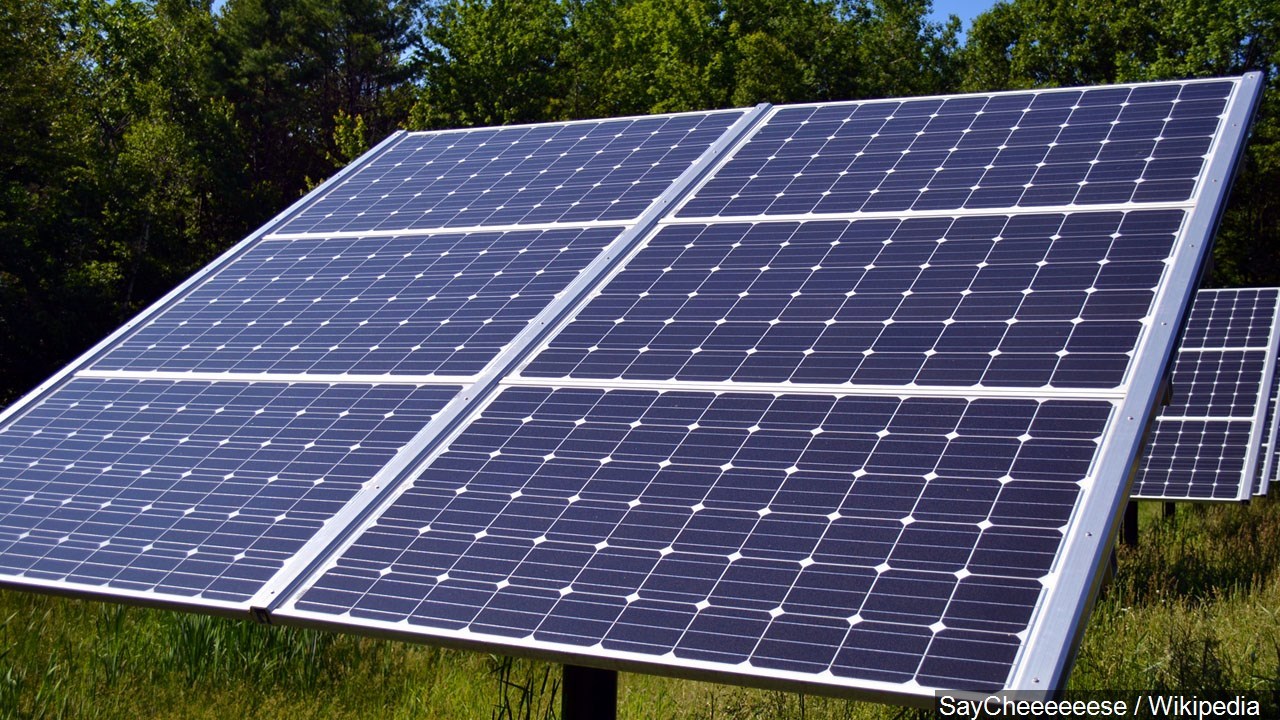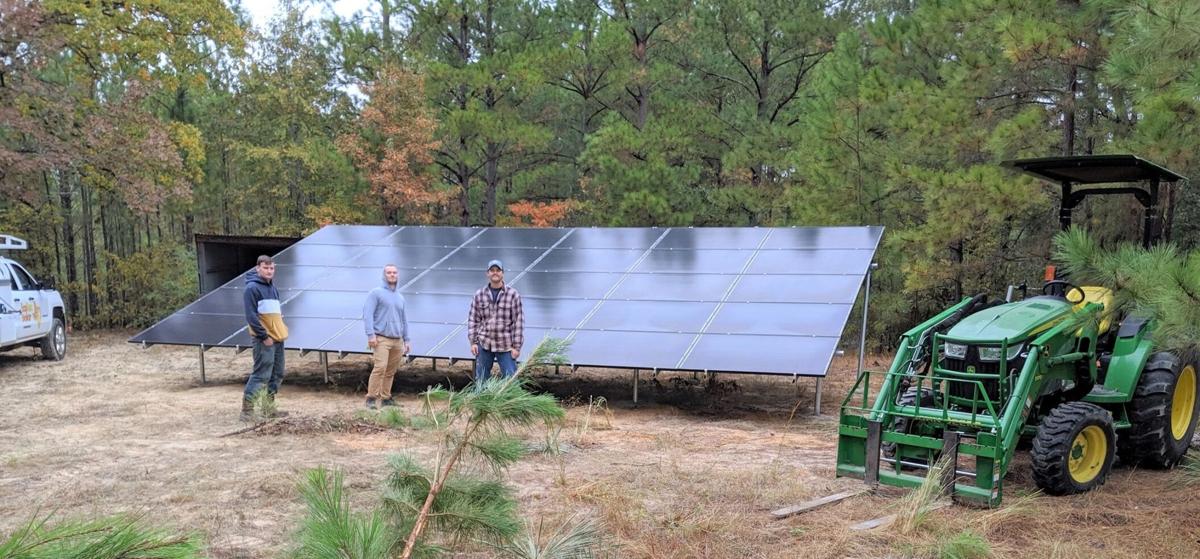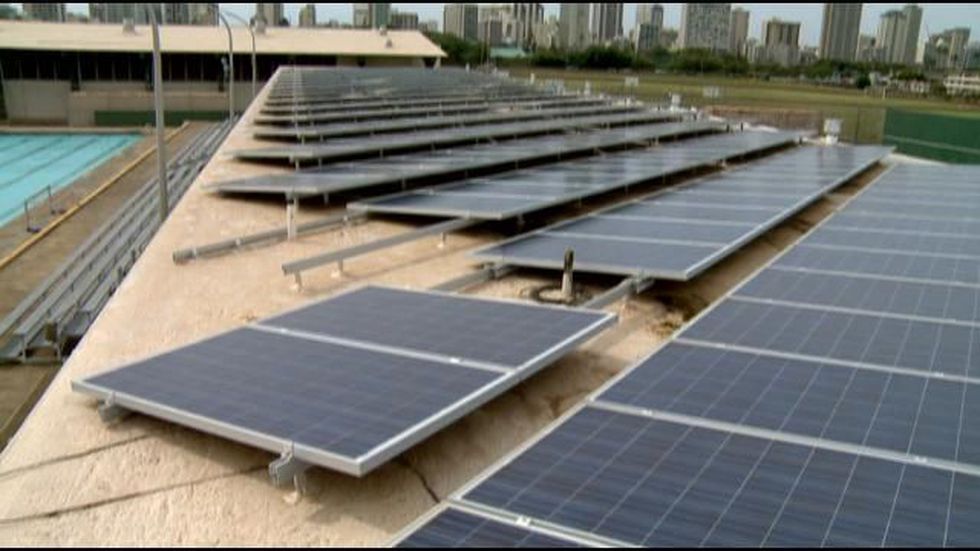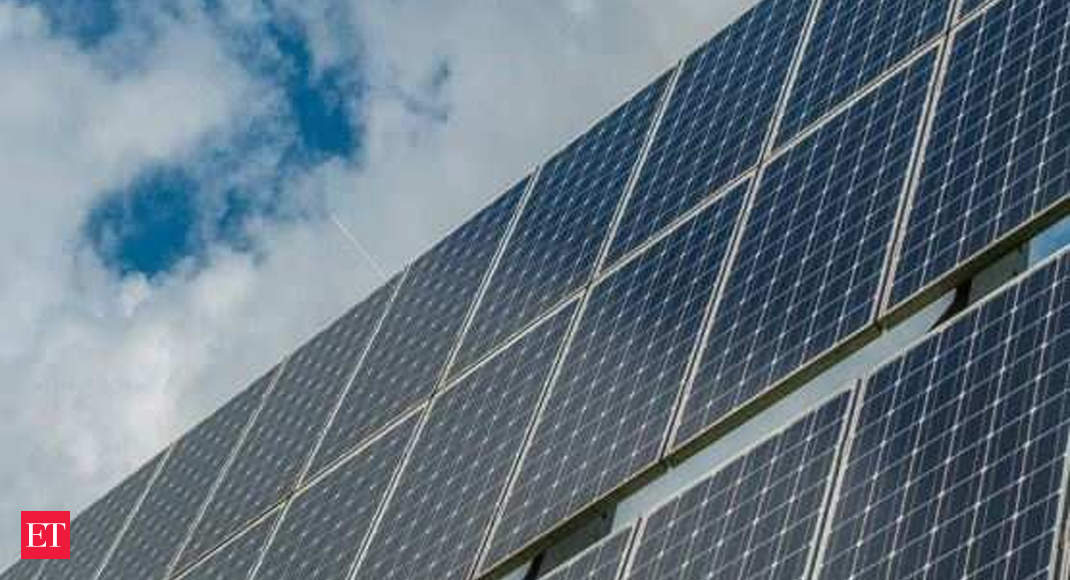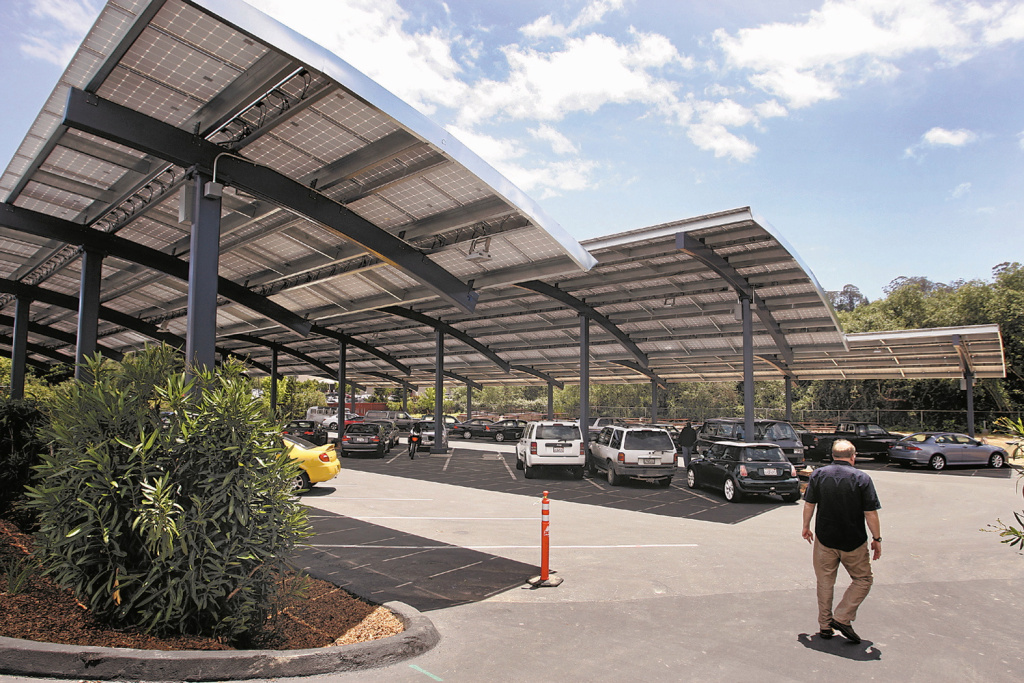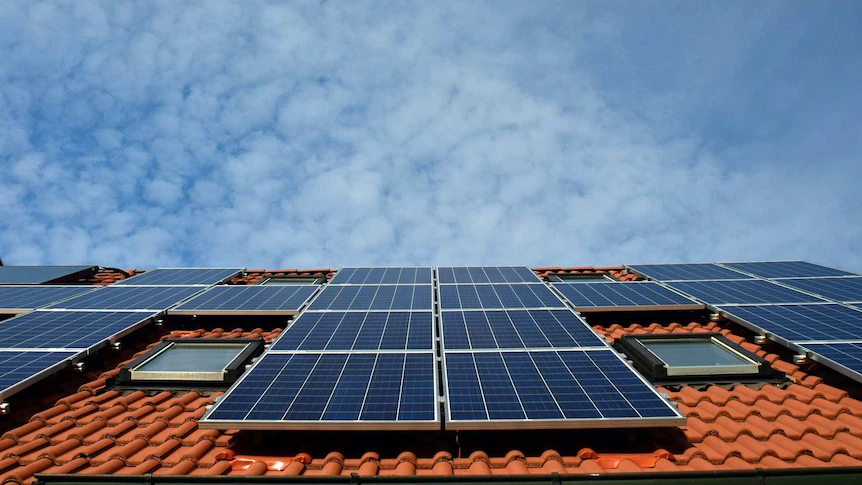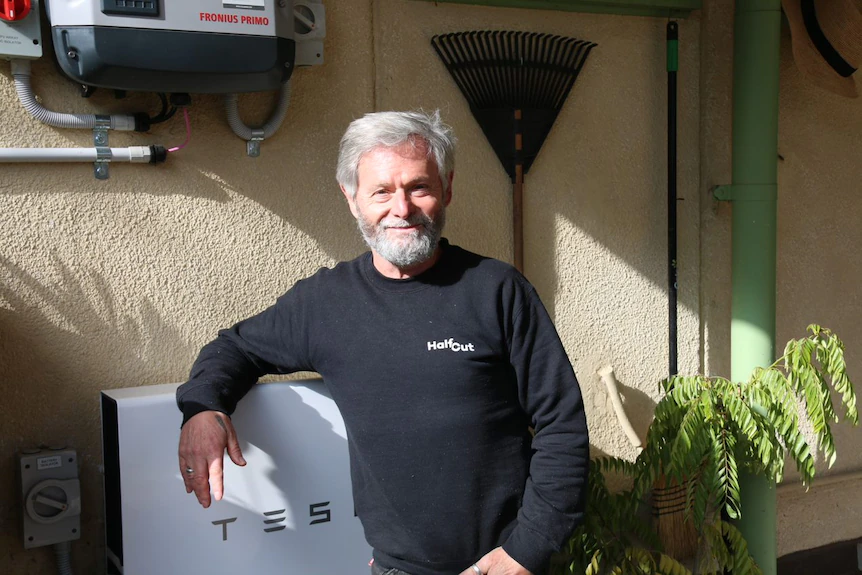BOSTON (SHNS) – As the pace of clean energy development ramps up, a Wakefield solar company that is now working on projects that pair solar generation with storage systems to maximize the benefit of the renewable resource has absorbed a firm that specializes in battery storage.
Distributed energy developer Agilitas Energy last week announced it had acquired Boston-based New England Battery Storage, which focuses on utility-scale battery storage. Jim Gordon, who previously led the unsuccessful Cape Wind offshore wind project and has since turned his attention to solar power, serves as an advisor to NEBS.
Included in the acquisition were two operational ISO-New England merchant battery energy storage systems and one front-of-the-meter battery energy storage system in Maine totaling 25 MWh. When paired with solar panels or other intermittent power generation sources, battery storage systems have the potential to stockpile renewable energy so it can be tapped when consumer demand is high, alleviating some of the power grid’s reliability concerns.
“Energy storage is accelerating the transition to clean energy by enabling intermittent energy sources like solar and wind to be stored until they are needed on the grid. We are excited to have the experience and expertise of the NEBS team across our entire enterprise, which is critical as we develop hundreds of megawatts of storage projects,” Agilitas Energy President Barrett Bilotta said.
The company, which has a base of operations in Wakefield and has four solar-only projects up and running in Massachusetts, is a significant participant in the Solar Massachusetts Renewable Target (SMART) incentive program.
In the Bay State, the company has six projects combining solar and storage in development that are expected to be operational by 2022 or 2023 in Auburn, Rochester, Hopkinton, Seekonk, and two in West Brookfield/Warren.
A year ago, when the Department of Energy Resources updated SMART program regulations to expand eligibility for agriculture land and require that solar projects greater than 500 kilowatts connect to an energy storage system, Massachusetts had 380 MW of solar paired with storage.
Gov. Charlie Baker has been touting the promise of energy storage for years. At an offshore wind event in 2019, he said storage “can firm up wind and solar in a way that can make them incredibly strategic assets with respect to the energy mix, the pricing portfolio, and the environmental opportunities associated with the future of energy generally.”
